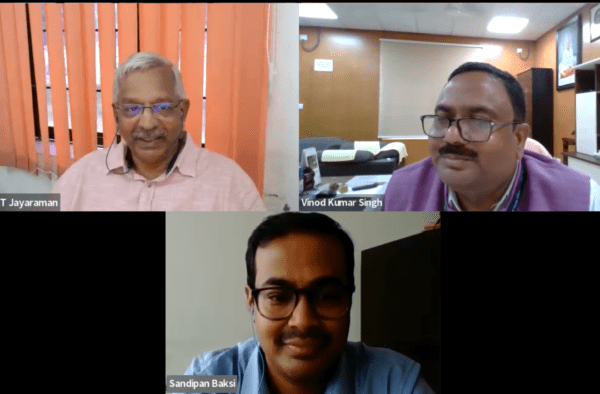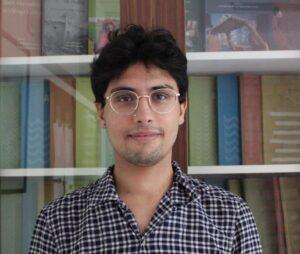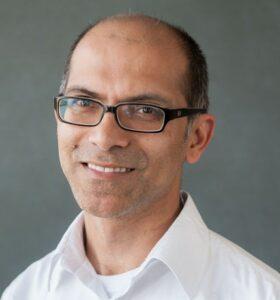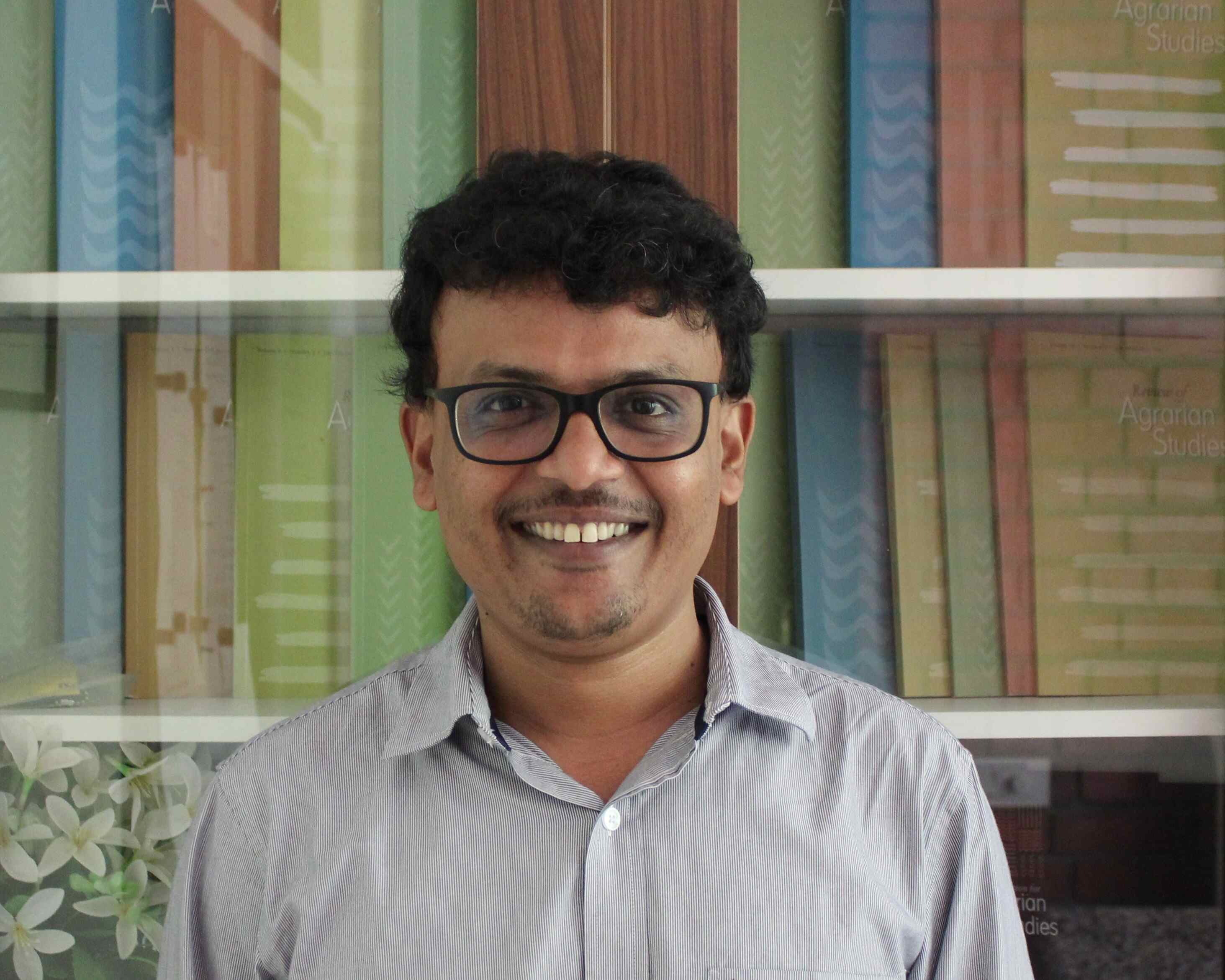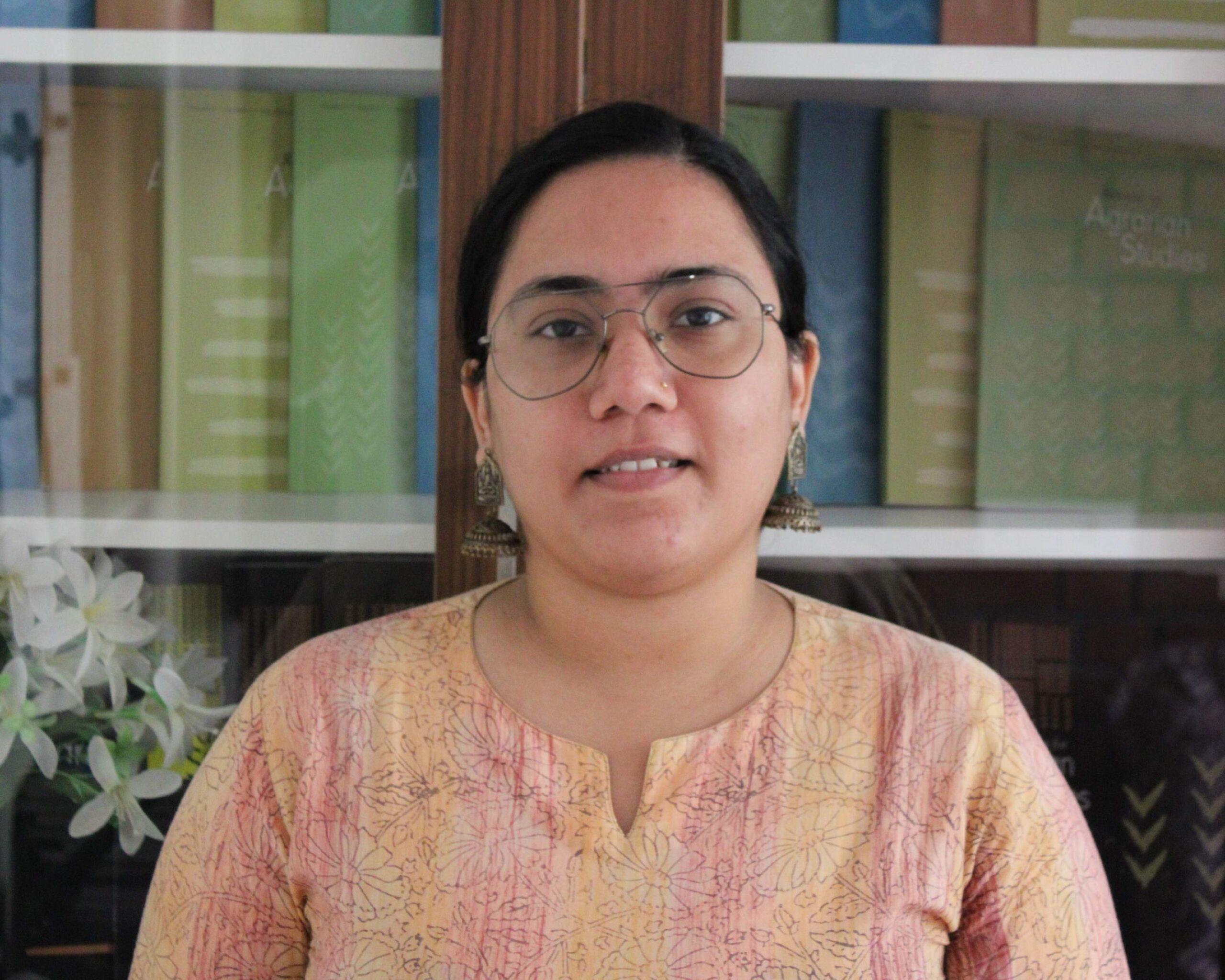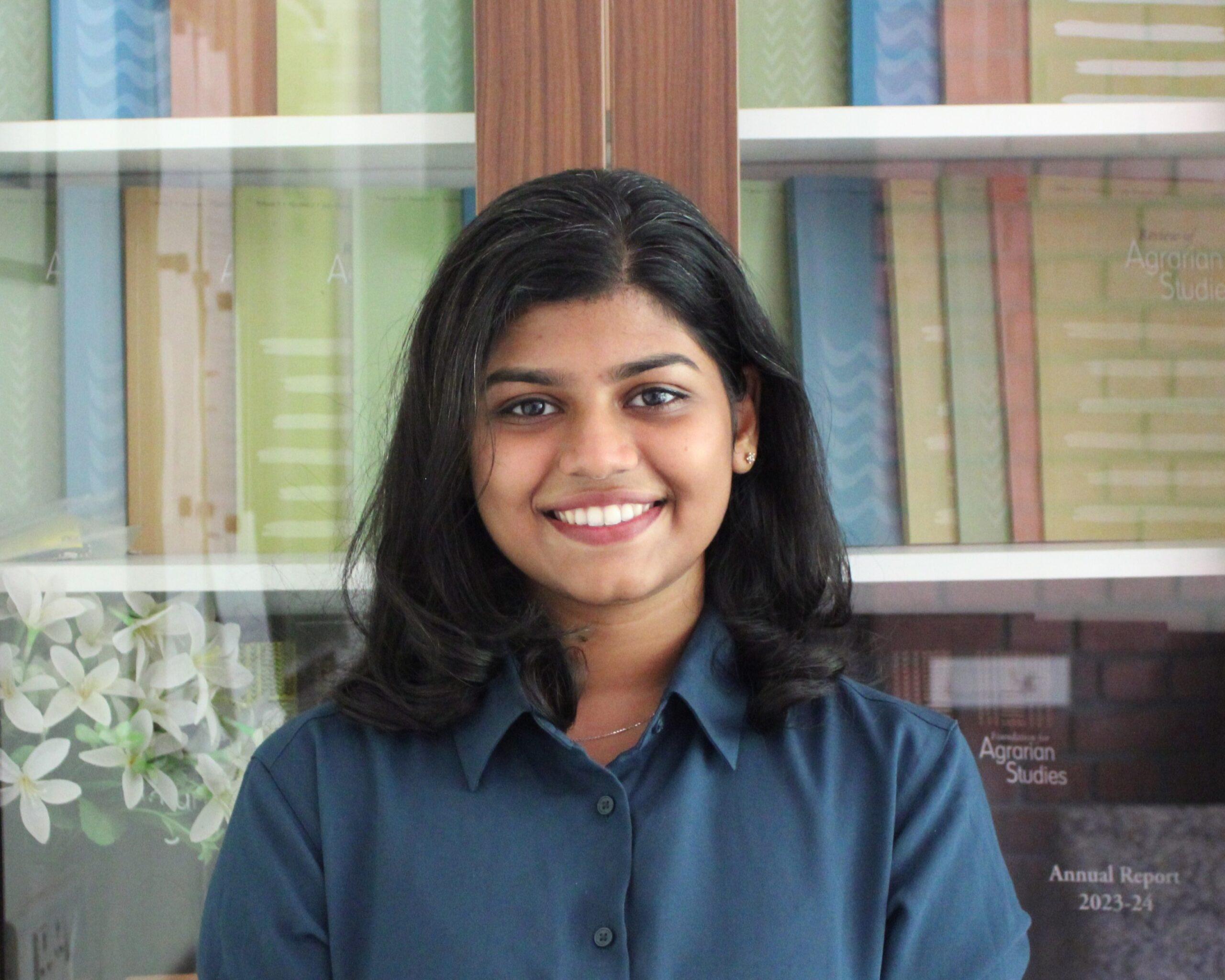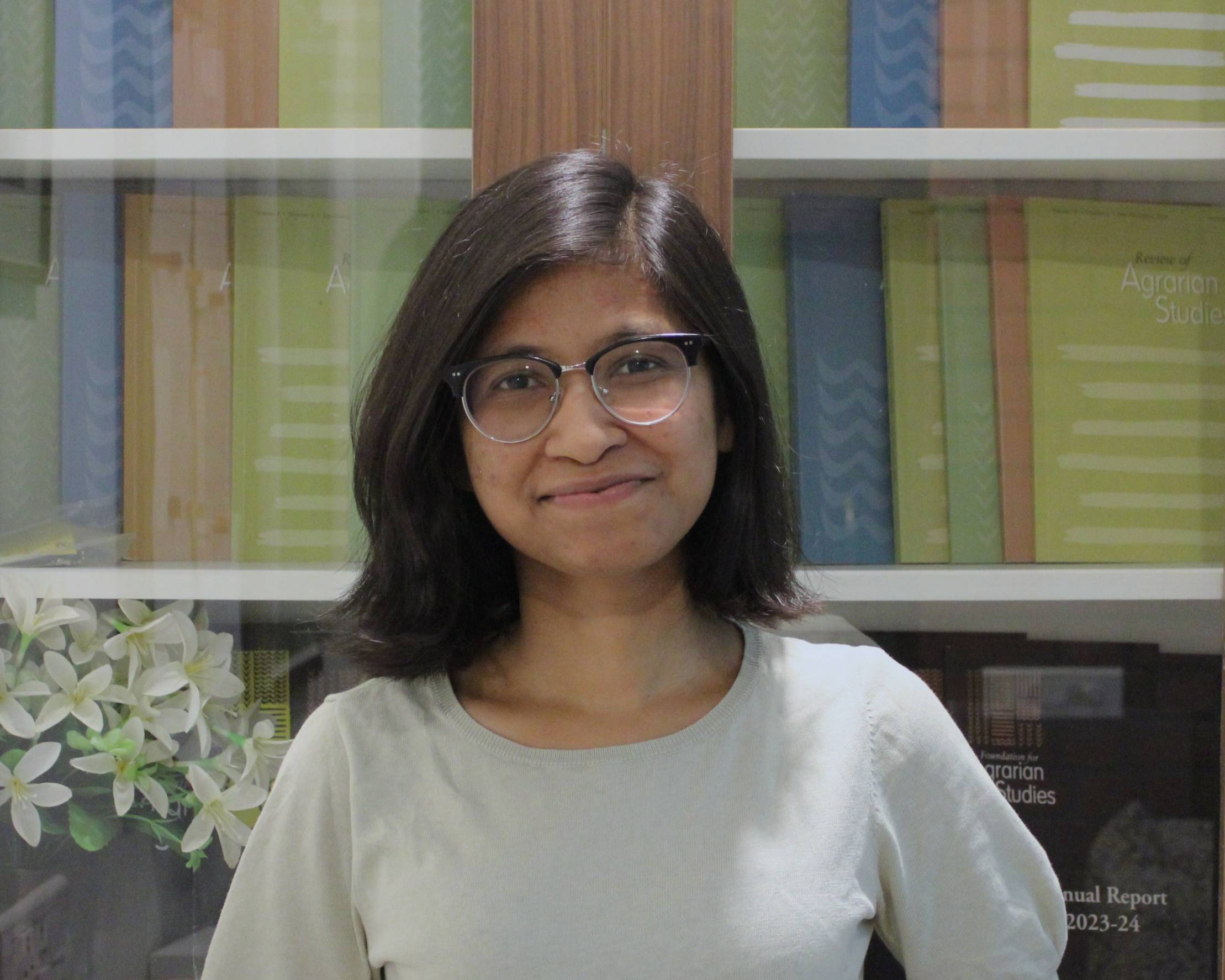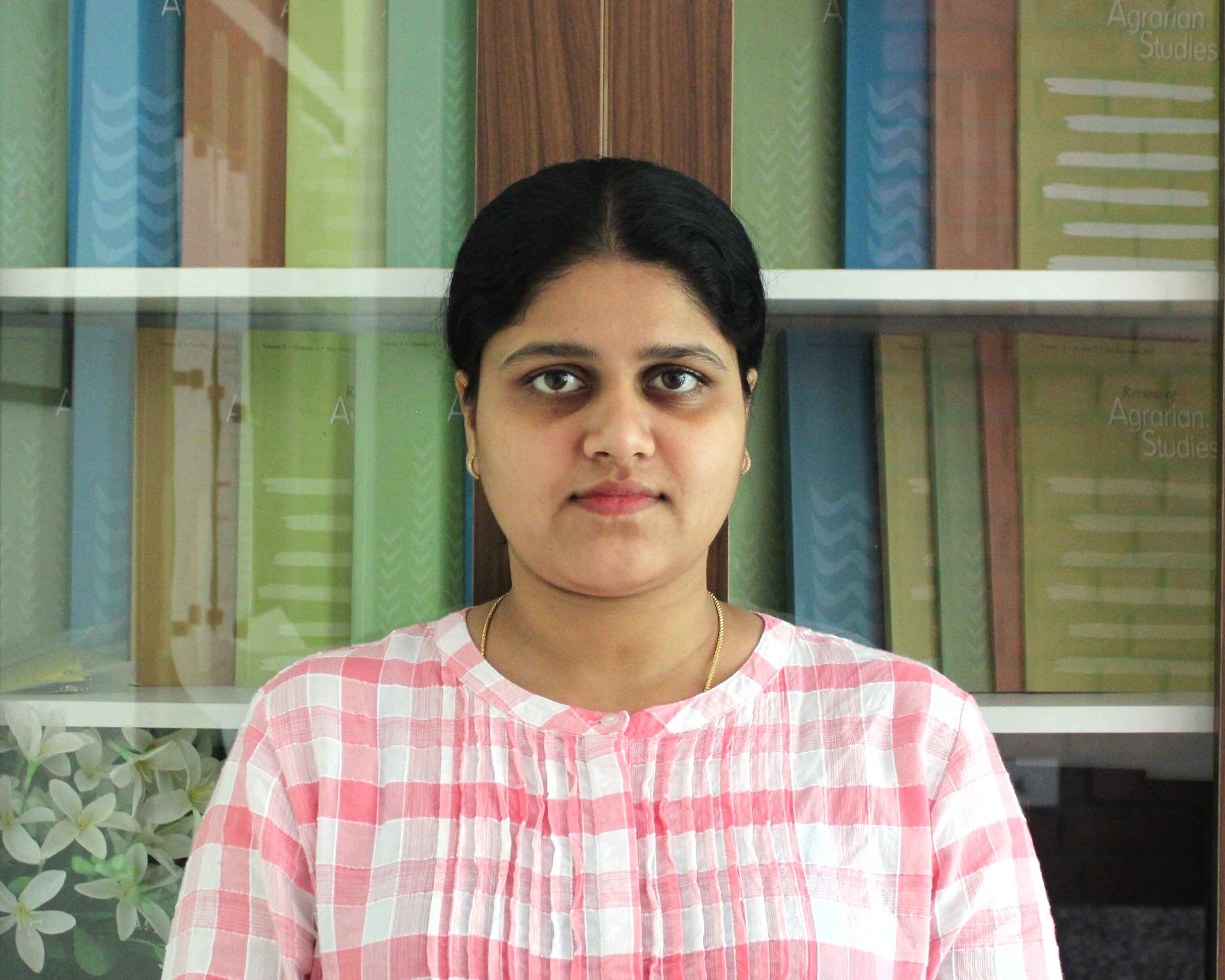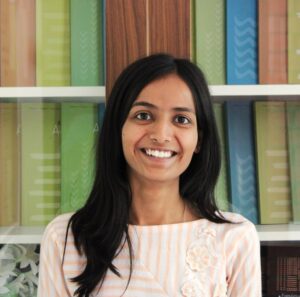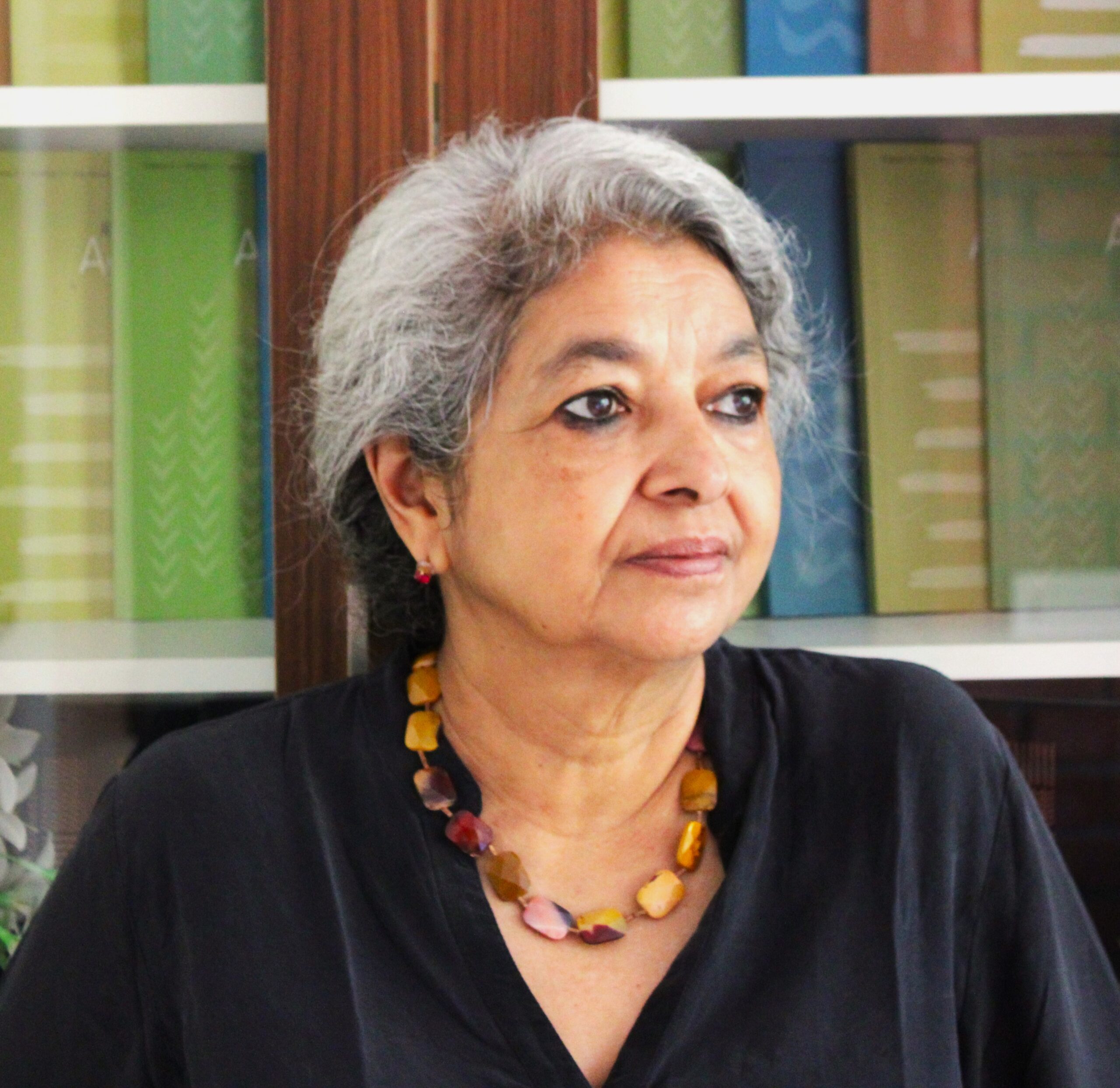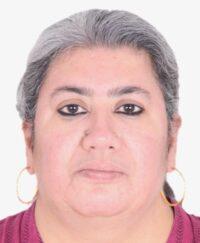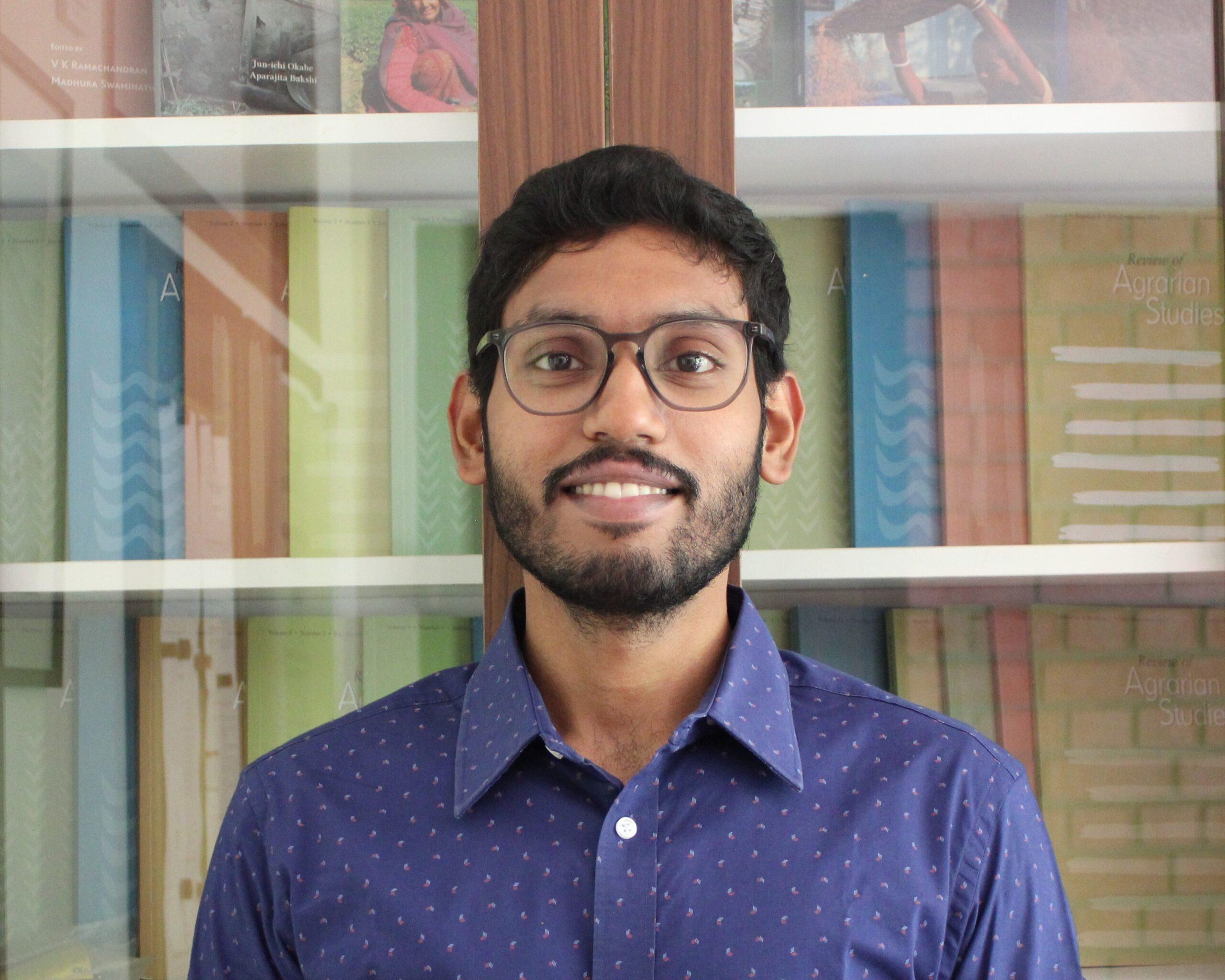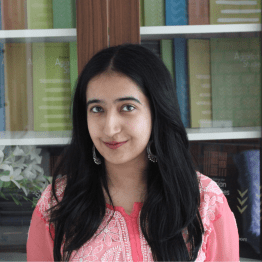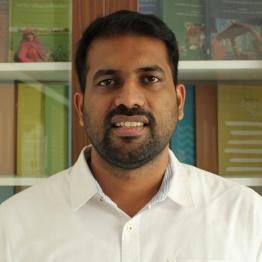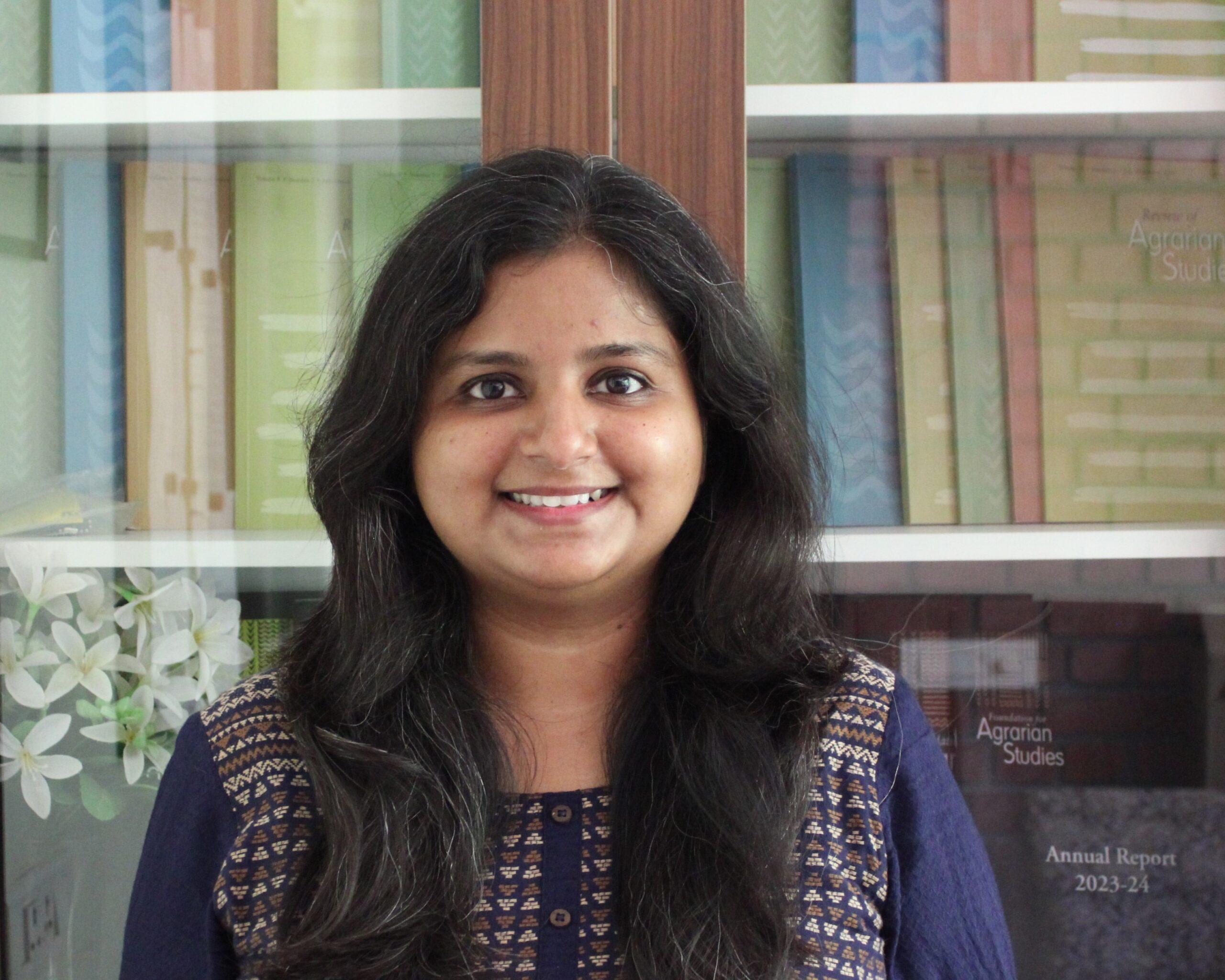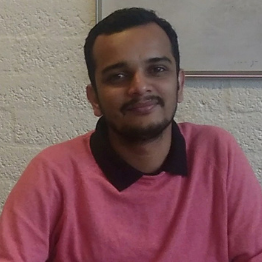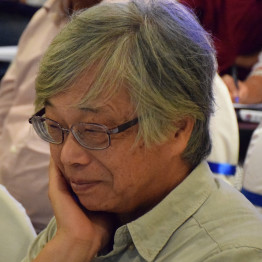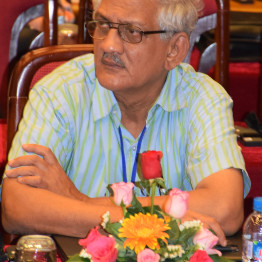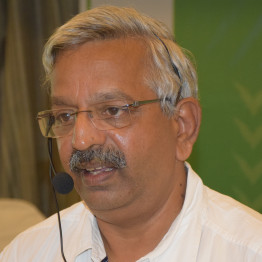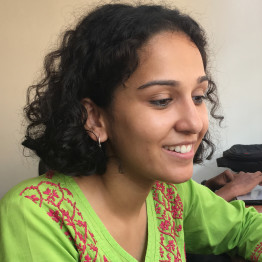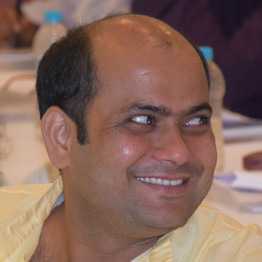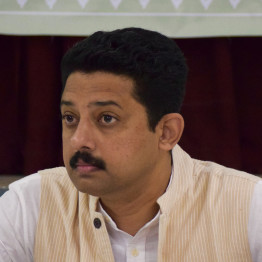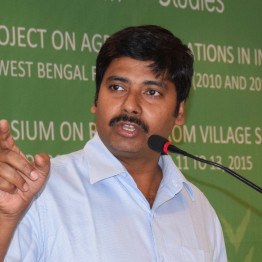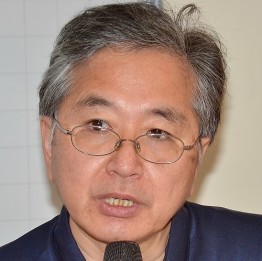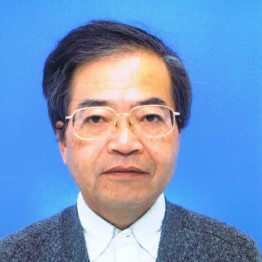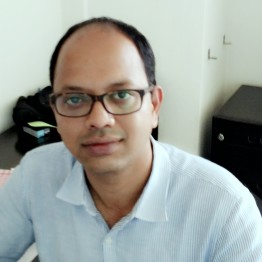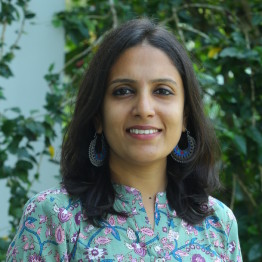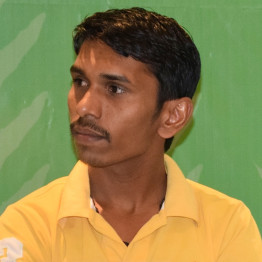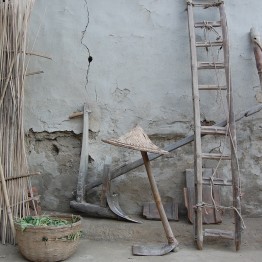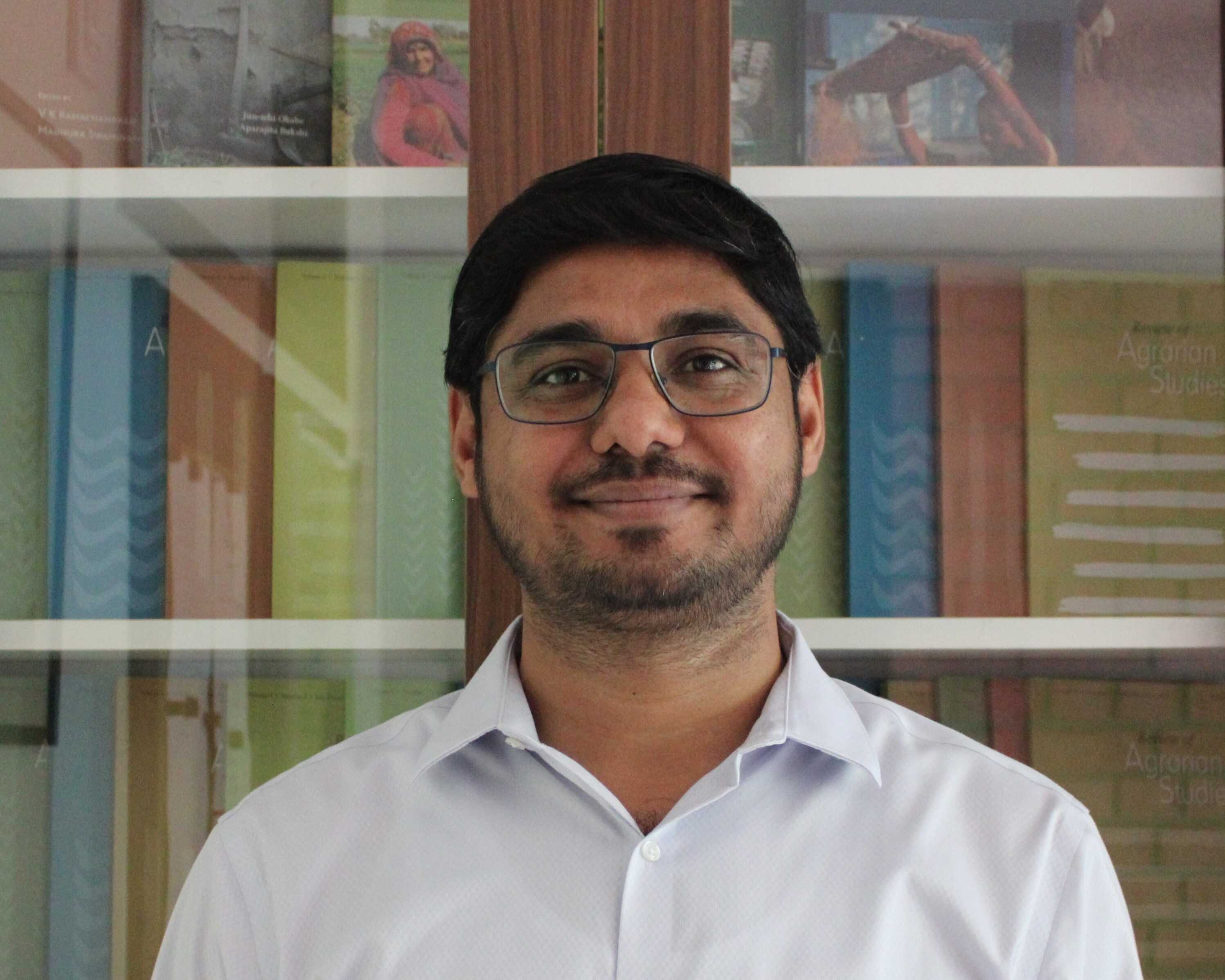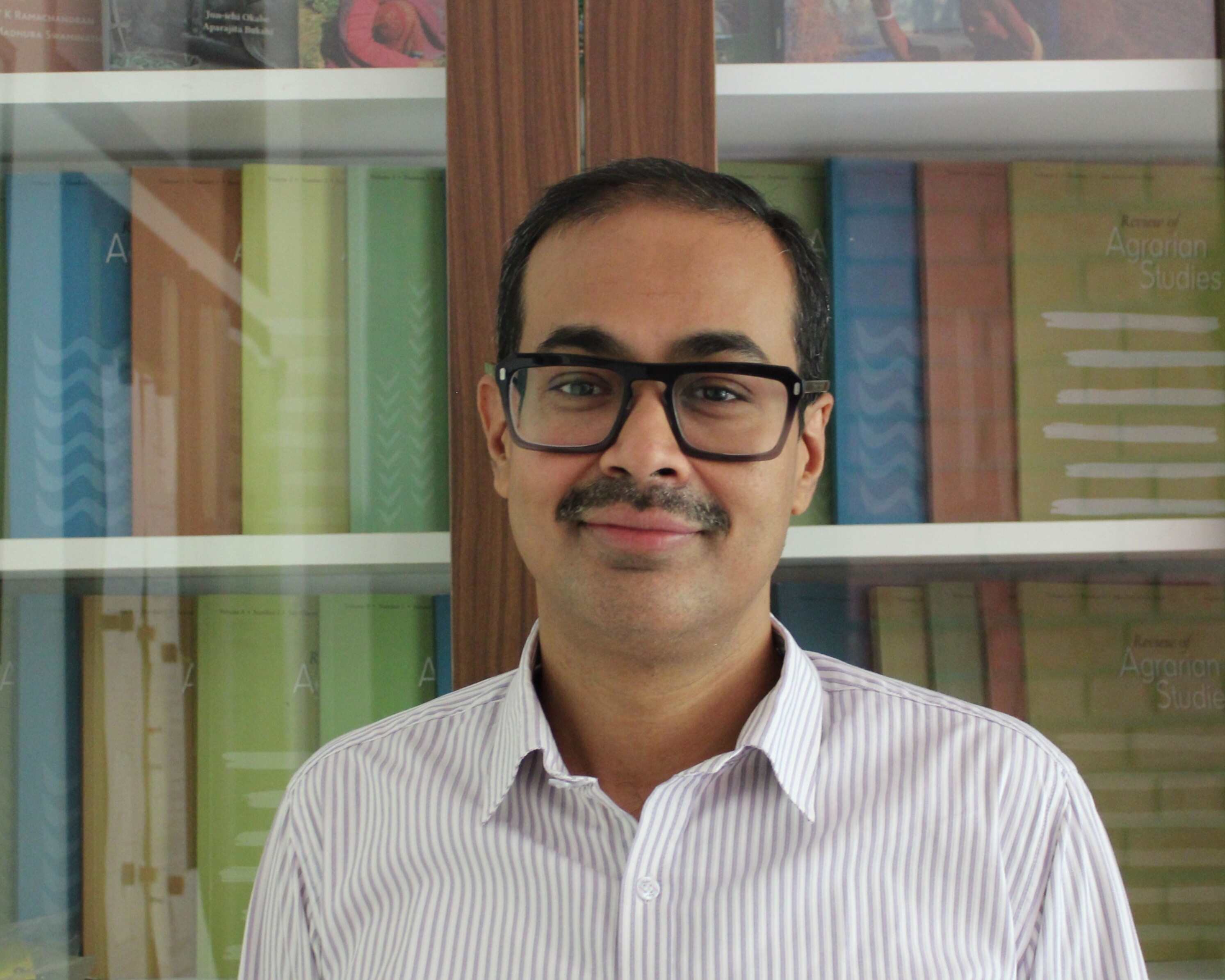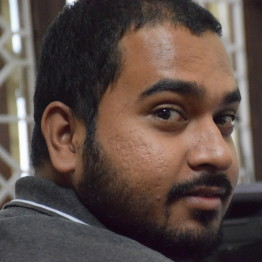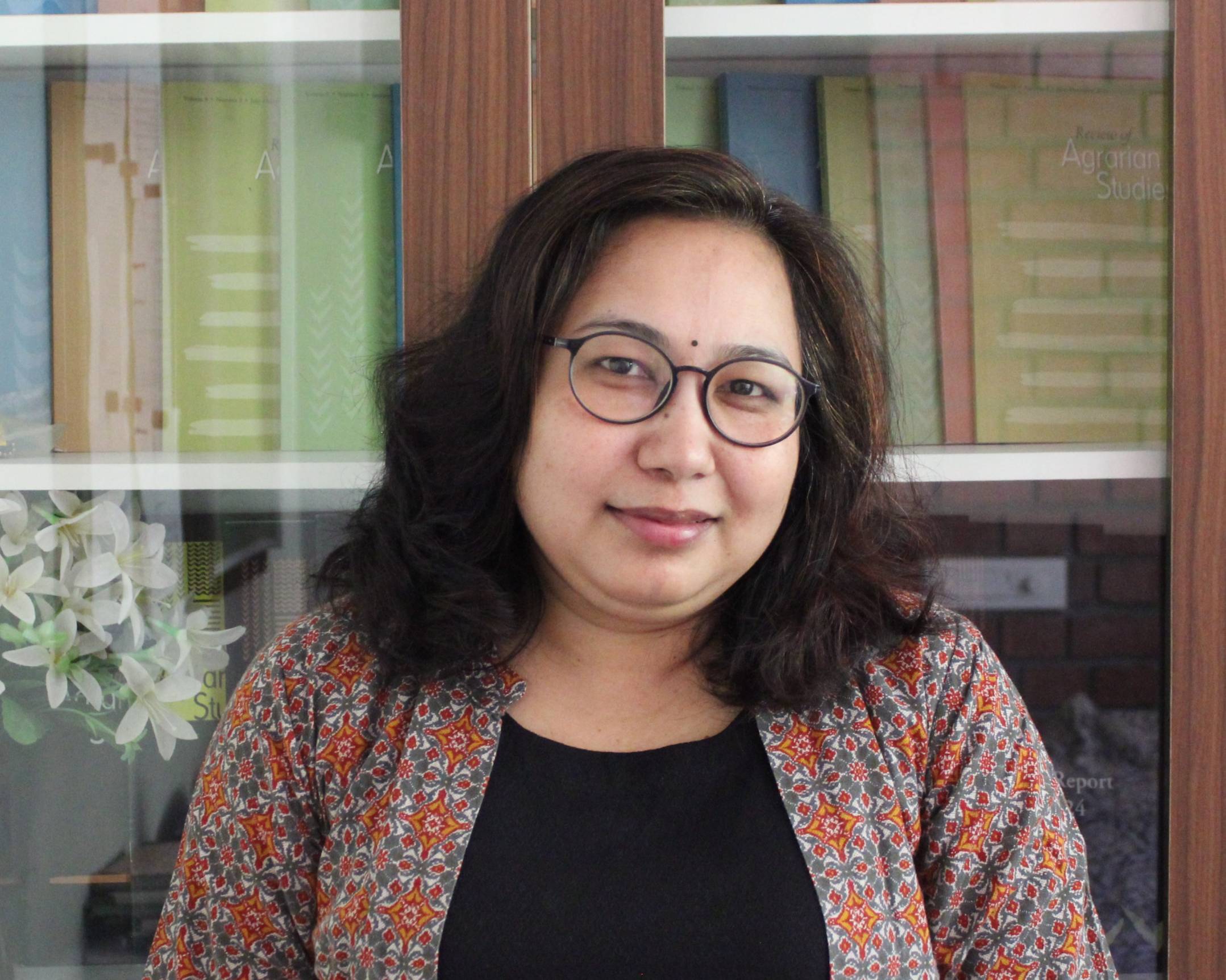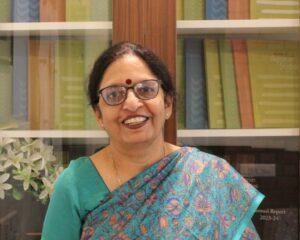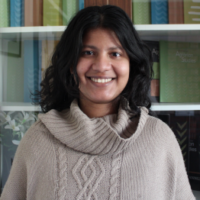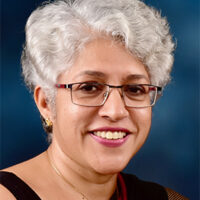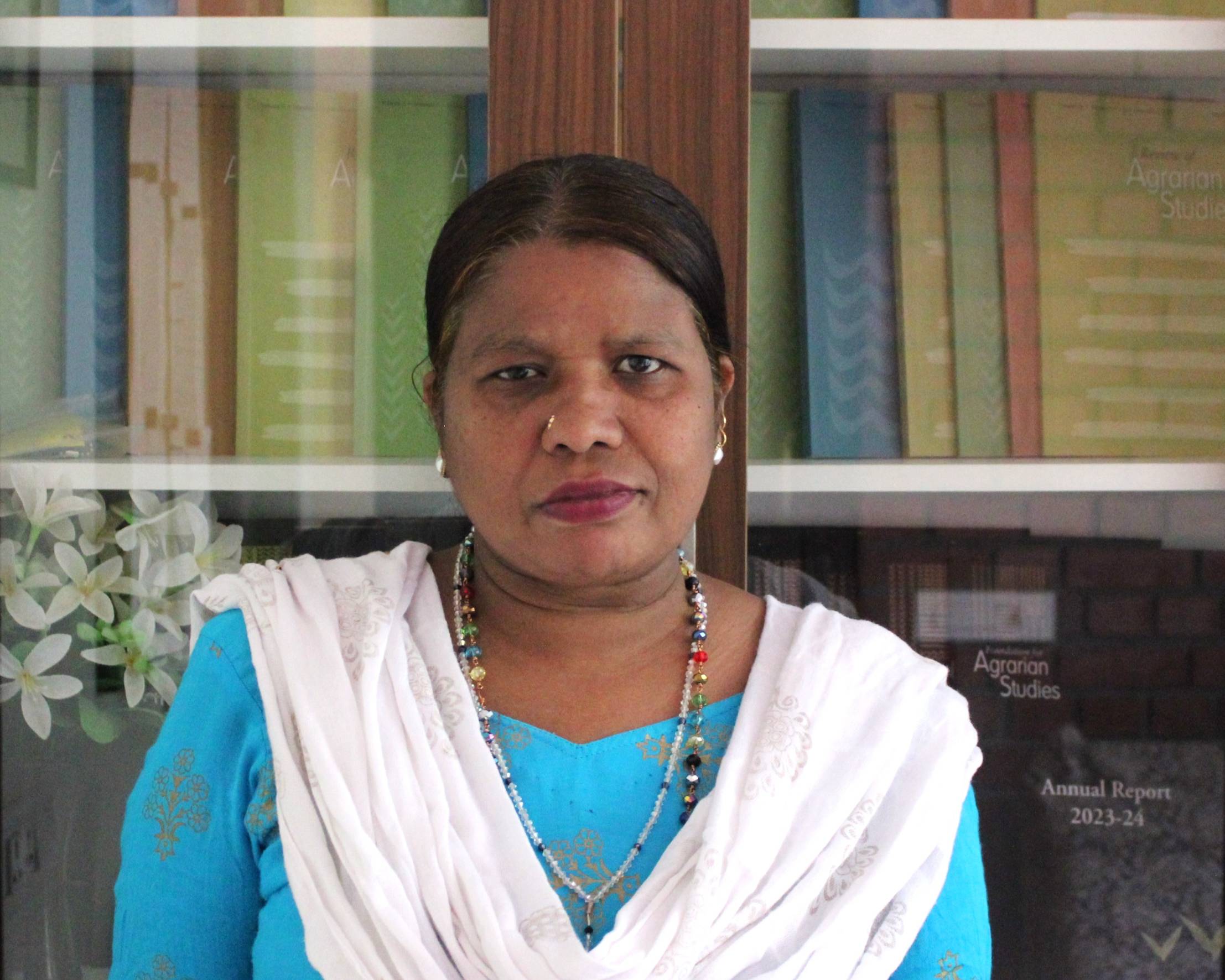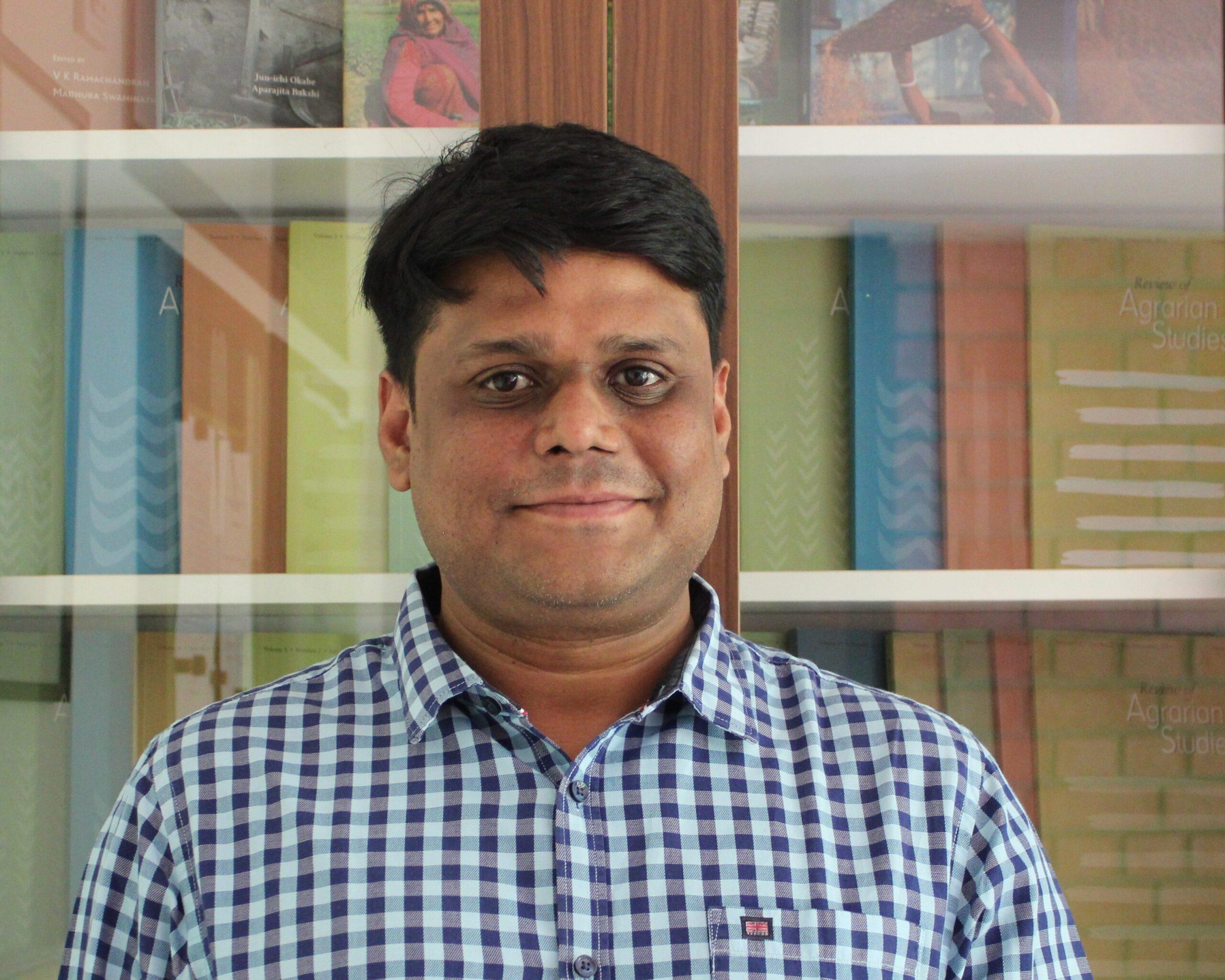“Agriculture in developing countries cannot be burdened with the cost of climate mitigation,” says Professor T. Jayaraman, a specialist in climate policy.
The impact of climate change is emerging as a major challenge for agriculture all over the world, including in India. It threatens both the food security of the country as a whole, and the incomes and livelihoods of millions of households dependent on agriculture and related activities. In this context, the necessity to arrive at a scientific and objective understanding of the implications of climate change for agricultural production cannot be overstated.
The scholarship in the field has been growing over the decades, leading to many new insights and debates around agriculture and climate change. The political discourse around sustainability has also changed markedly in this context. There is an attempt to place an increasing burden of climate mitigation on agriculture today, the scientific, socio-economic and normative grounds of which are often contested.
The Foundation, in collaboration with Rosa Luxemburg Stiftung (RLS), organised an online public lecture, on Thursday May 11, 2023, to take stock of the developments in the subject, and their implication for India. The lecture was delivered by Professor T Jayaraman, Senior Fellow – Climate Change, M S Swaminathan Research Foundation, Chennai, and a long-standing collaborator of the Foundation. The session was chaired by Dr Vinod Kumar Singh, Director, ICAR – Central Research Institute for Dryland Agriculture, Hyderabad, and attended by over 100 participants. A recording of the seminar can be found here.
Professor Jayaraman began by explaining the difference between climate variability, and the ongoing global warming of anthropogenic origin or climate change. Agriculture has always been vulnerable to climate variability. The variations in crops and cultivation practices across the world offer some of the most striking examples of human adaptation to varying climatic conditions. Studying the impact of climate variability on agriculture offers valuable insights into the potential effects of global warming. Current climate variability, he explained, provides a glimpse into the future of global warming.
Professor Jayaraman expressed serious concern at the current global policy shift that devalues the programme of climate adaptation in agriculture, and increasingly pushes it to the arena of mitigation. This mitigation-centric approach is leading to the dominance of an agenda that overly focuses on conservation, and, wrongly, “frames the question of agriculture and climate change in predominantly ecological terms.” It “promotes a policy of keeping industrial development in the Global South to a minimum, while maintaining agriculture and bio-resource dependent livelihood at low levels of productivity and input use.” This agenda, unfortunately, is being encouraged by the multilateral institutions and the aid agencies of the global North. The push towards approaches such as “natural-farming,” and “agroecology,” are an outcome of this policy shift. Many of these practices, Jayaraman clarified, though not backed by a general consensus among the scientific community, are still endorsed by organizations such as the Food and Agricultural Organization.
Professor Jayaraman pointed to the continued secular growth in agricultural production and yields, including in developing countries, notwithstanding the impact of climate variabilities and ongoing warming. This growth could be attributed to the use of modern technology in agriculture, supplemented by appropriate policy frameworks. To illustrate, he gave the example of synthetic fertilisers, that have played, and continue to play, a critical role in expanding crop yields.
At the same time significant yield gaps continue to persist in developing economies such as India. These yield gaps, Professor Jayaraman argued, could be overcome through use of appropriate technologies with due attention scale of production. Higher yields would be critical in expanding production and incomes from agriculture. Sustainability in agriculture must be pursued in conjunction with this objective. This, however, would require significant and dedicated investments and interventions by the State. A mitigation-focused policy framework works to divert from such efforts.
Professor Jayaraman also highlighted the withdrawal of the state from agriculture in countries such as India, driven by a neo-liberal policy framework. The risks associated with the withdrawal of public investment in agriculture, and the failure to provide institutional support to small farmers in the era of climate change rarely find mention in the policy debates. Also, there is a notable lack of a proper understanding of the differentiated agrarian structure, marked by stark inequalities along the axes of class, caste, and gender, in the climate change policy framework. For instance, he stated, “the global trends on climate adaptation in agriculture are typically addressed through modeling scenarios. However, these global-level models fail to consider distributional issues within and between countries and the disproportionate effects of climate change on vulnerable populations.”
Speaking about the specific problems of small farmers in India, such as the instability of agricultural production, low prices for produce, higher input costs, lack of scale, and lack of access to scientific information, Professor Jayaraman rebuked the tendency of attributing their problems to climate change, at the cost of neglecting the issues inherent in the agrarian structure of the country. The socio-economic conditions of small and marginal farmers is a dominant source of their climate vulnerability. This critical issue, he asserted, was often ignored, indicating a lack of comprehensive understanding of life and livelihood in the context of climate change. He also criticized the romantic portrayal, as sustainable farming, of the inability of small farmers to adopt modern technology.

